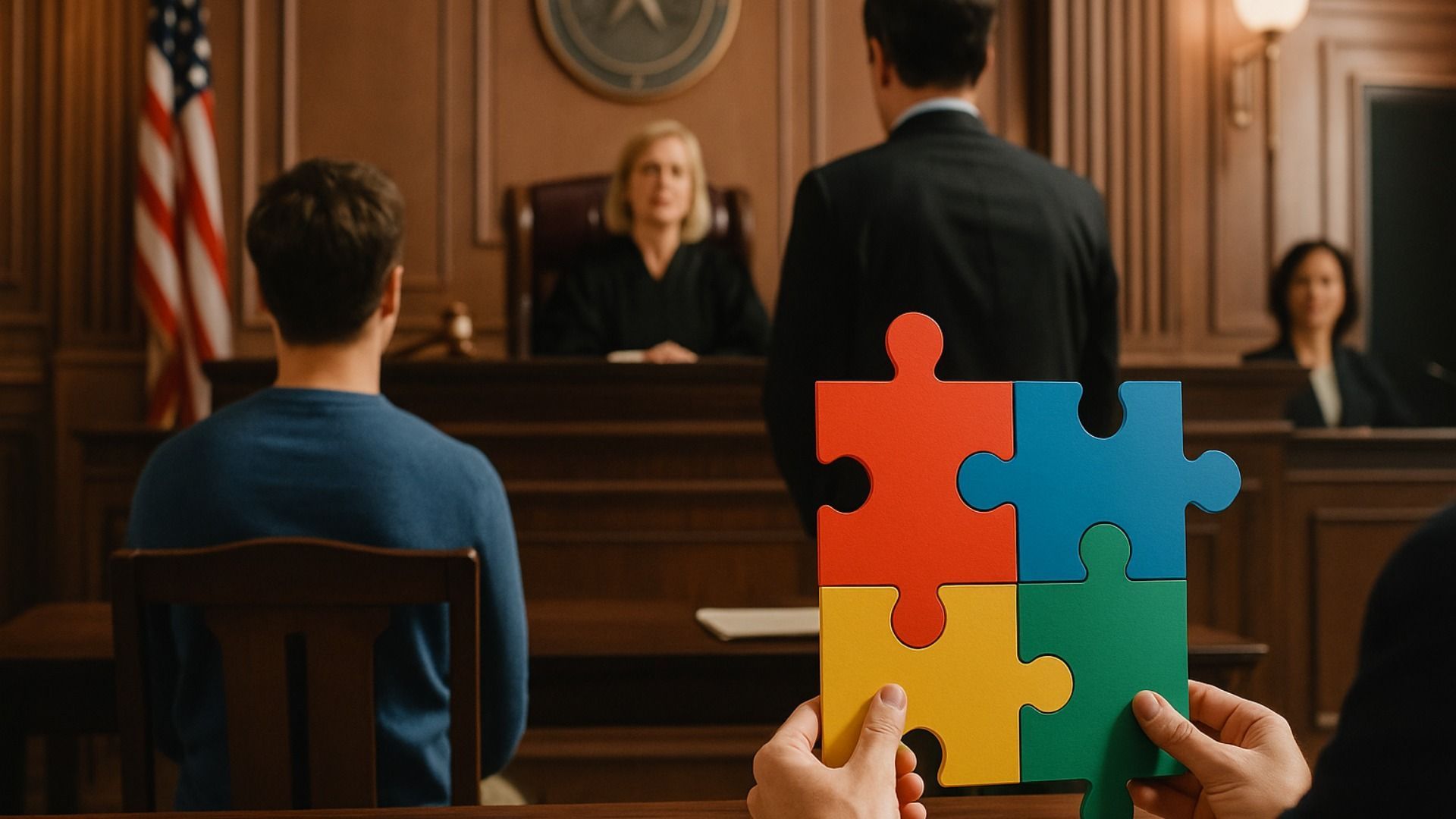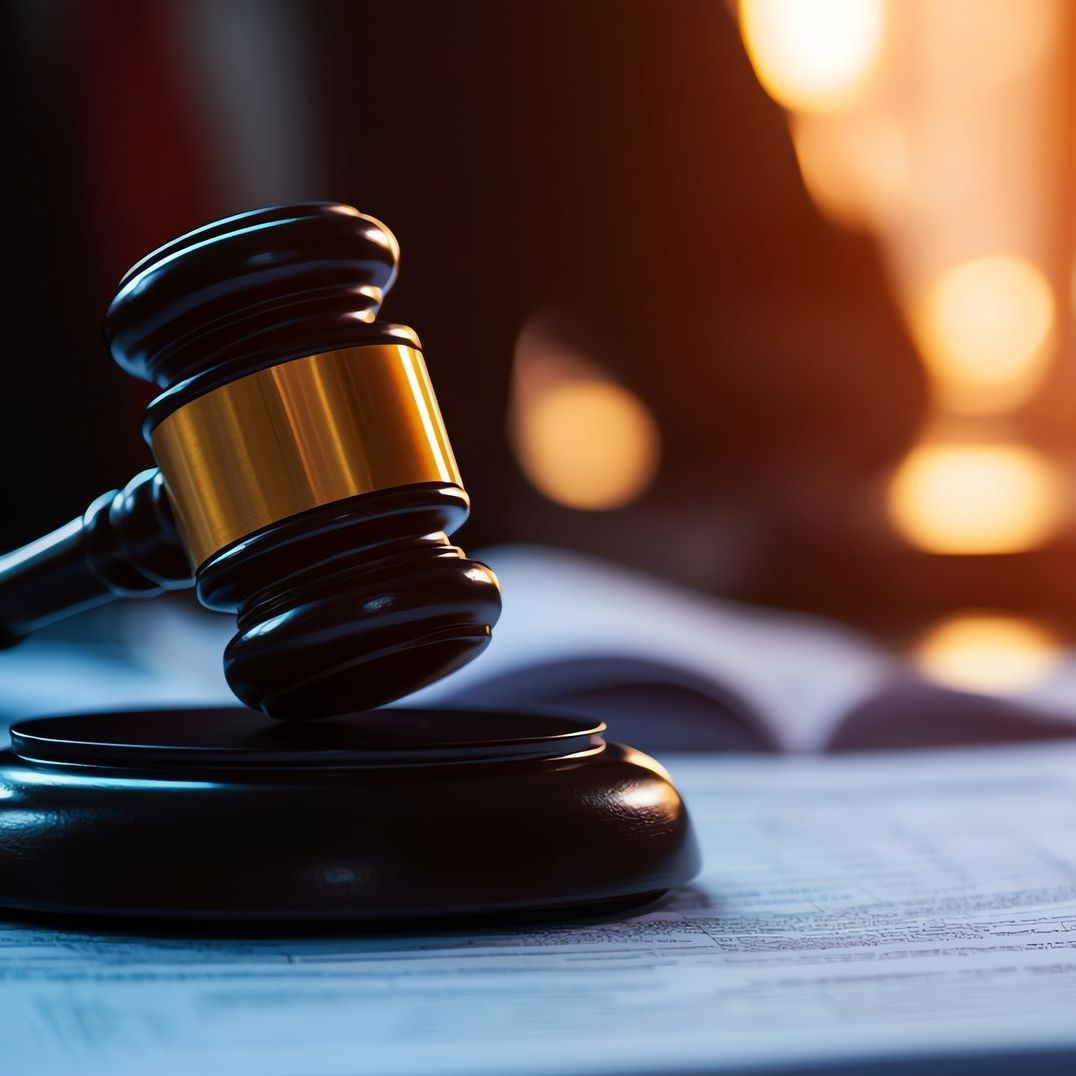Autism in the Courtroom: Ensuring a Fair Trial for Neurodivergent Defendants
Supporting Fair Trials for Neurodivergent Defendants

Recent estimates state that between 15% and 20% of the global population is neurodivergent, and this encompasses many types of conditions, including autism, ADHD, dyslexia, dyspraxia, and others. However, despite this, many lawyers and courts don't understand that neurodivergent defendants need to be accommodated differently to ensure a fair trial.
We have represented neurodivergent individuals in courtrooms, helping them understand complex language, unfamiliar rules, and fast-paced proceedings. In our experience, this helps them avoid misunderstandings that can affect innocent or guilty outcomes.
Our Montgomery criminal defense team at Luck Law regularly ensures a fair trial for neurodivergent defendants in Alabama courtrooms. Consult with our attorney today about your or your loved one’s case.
Why Autism Can Impact Court Proceedings
Those who don’t have autism or who aren’t neurodivergent themselves don't always understand the profound impact these conditions can have on court proceedings. For example, autism affects social interaction, communication, and sensory processing in ways different from a non-neurodivergent person, and this can lead to courtroom misunderstandings.
An autistic defendant may:
- Avoid eye contact, and this can be misread as dishonesty
- Use repetitive or flat speech, which may not align with the expected behavior in a courtroom
- React strongly to loud noises, stress, and crowded places, and this could be misinterpreted as defiance
- Struggle with complex questioning, and this could lead to answers that appear inconsistent or uncooperative
At Luck Law, we do our best to make it known during court proceedings that a neurodivergent person can and likely will act and react outside of the norm.
Accommodations That Make a Difference
When it comes to neurodivergent defendants, it's unfortunate but true that many feel accommodations give an unfair advantage, but this isn’t true. Accommodations help level the playing field, ensuring that a neurodivergent defendant has the same opportunity for justice as everyone else.
These accommodations we can fight for include adjustments to question pacing, requesting written copies of complex instructions, and allowing the use of selective assistive technology such as communication tools. When these accommodations are granted, it's far more likely that neurodivergent defendants can actively participate in their defence.
Why the Right Criminal Defense Representation Matters
In Alabama, the stakes are high in criminal cases, and this is particularly concerning for neurodivergent individuals. Without an advocate who understands autism and other conditions, you may be judged not on your actions but on your mannerisms in court or at trial.
Some prosecutors might even go so far as to use any “abnormal” behavior against you, and this could sway juries. That’s why it's essential to have the right defense representation. At Luck Law, Terry Law is a valuable advocate because he has years of experience representing autistic defendants and other neurodivergent individuals.
He knows how to explain these differences in court, present expert testimony, and ensure your rights are respected. You can trust that with Luck Law on your side, you’ll have a fair trial.
Contact an Alabama Criminal Defense Firm that Cares
Our law firm believes that every individual, regardless of their condition, deserves equal treatment under the law. For those with conditions like autism, this means ensuring a courtroom does not confuse differences in behavior with evidence of guilt.
At
Luck Law, we believe that with the right accommodations and our experience, we can ensure justice is served fairly during a trial. If you think we may be the right Alabama law firm for your needs, please
contact us here. We’re eager to fight for you.













